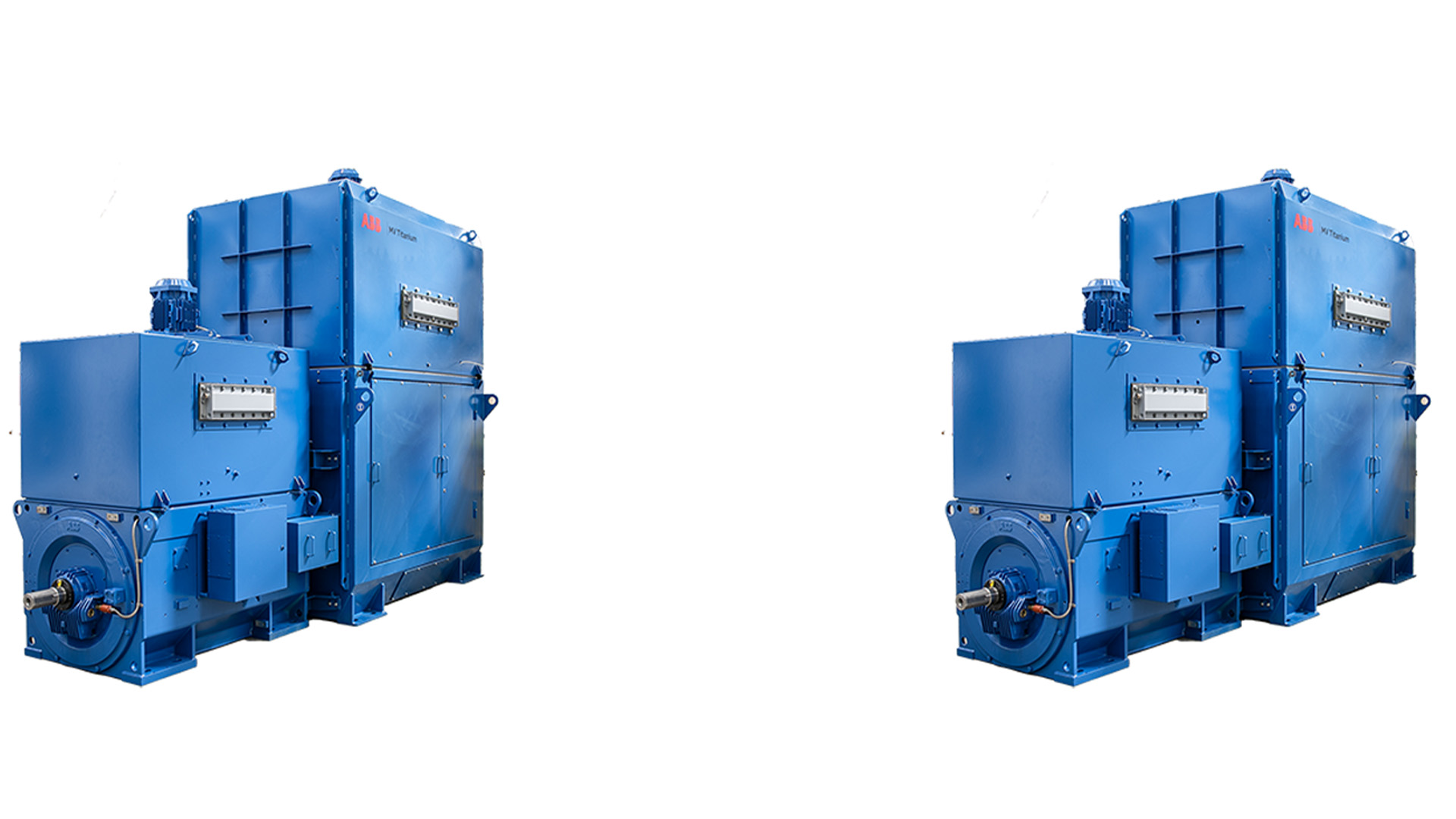By 2030, existing technologies will drive most CO₂ emissions reductions, but by 2050, nearly half will stem from upcoming innovations. The current installed base of medium-voltage direct on-line motors (DOL) is around 1,000,000. We estimate that half of the estimated installations between 2024 and 2027 will still be direct online motors. It is crucial to change this installed base to be more energy efficient in our fight against climate change.
At ABB, we have embarked on a journey towards a low-carbon future, one powered by expertise, technology, and a relentless pursuit of progress. Where innovation and sustainability converge, where 140 years of motor manufacturing and 50 years of drives tech play together, all for unmatched energy efficiency as the first fuel to Net Zero.
Our commitment to innovation extends beyond mere advancement; it’s a promise to redefine the norms, to revolutionize the way large electric motors create and deliver operational efficiency. Making the transformation to a sustainable future demands a holistic approach. That is why ABB’s next generation motor concept isn’t just a compact, high-performant, new, powertrain range; it’s a strategic ally: maximizing energy efficiency, minimizing environmental impact, and simplifying processes. Imagine a world where energy efficiency isn’t just a goal but a reality, where every process is optimized, every space used efficiently, and every installation seamlessly integrated. A world where less is more.
Join us at our live webinar, where Jari Jäppinen, Head of Technology ABB Large Motors and Generators will discuss the challenges that industries face when looking to optimize their energy efficiency and provide more detail on how this new innovative concept can provide real results.
Key Learning Objectives
- Impact of direct online medium voltage motors on industrial energy consumption
- Advantages of speed-controlled motors vs. direct online motors
- Possibilities to monitor processes and improve them by using monitored data
- ABB’s new variable speed-controlled motor concept



